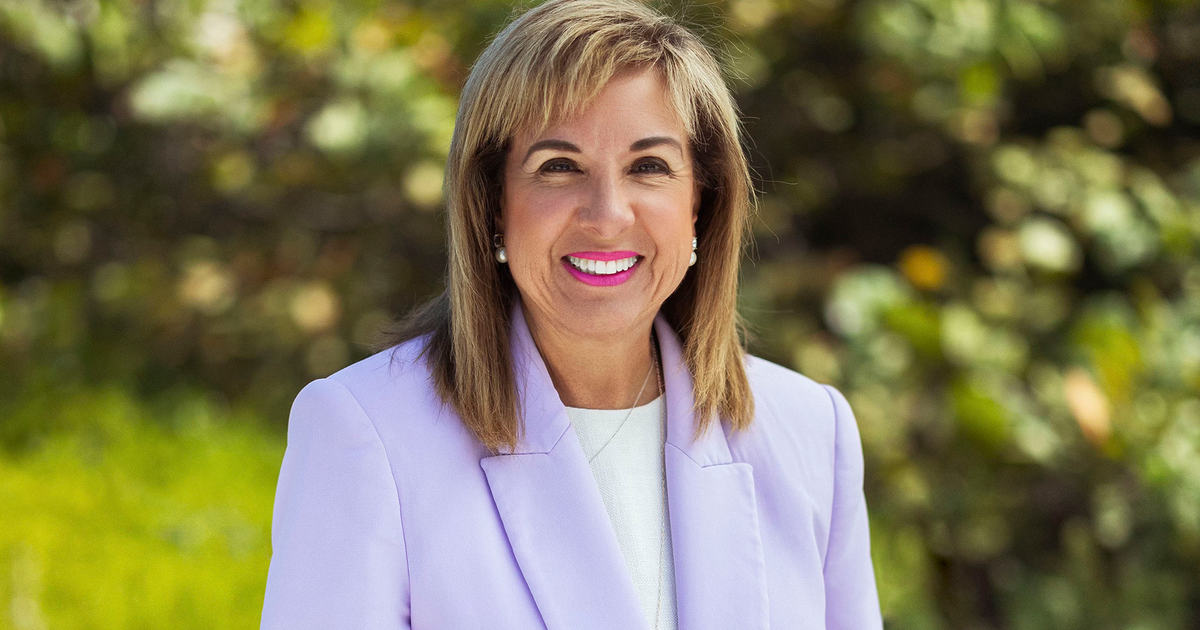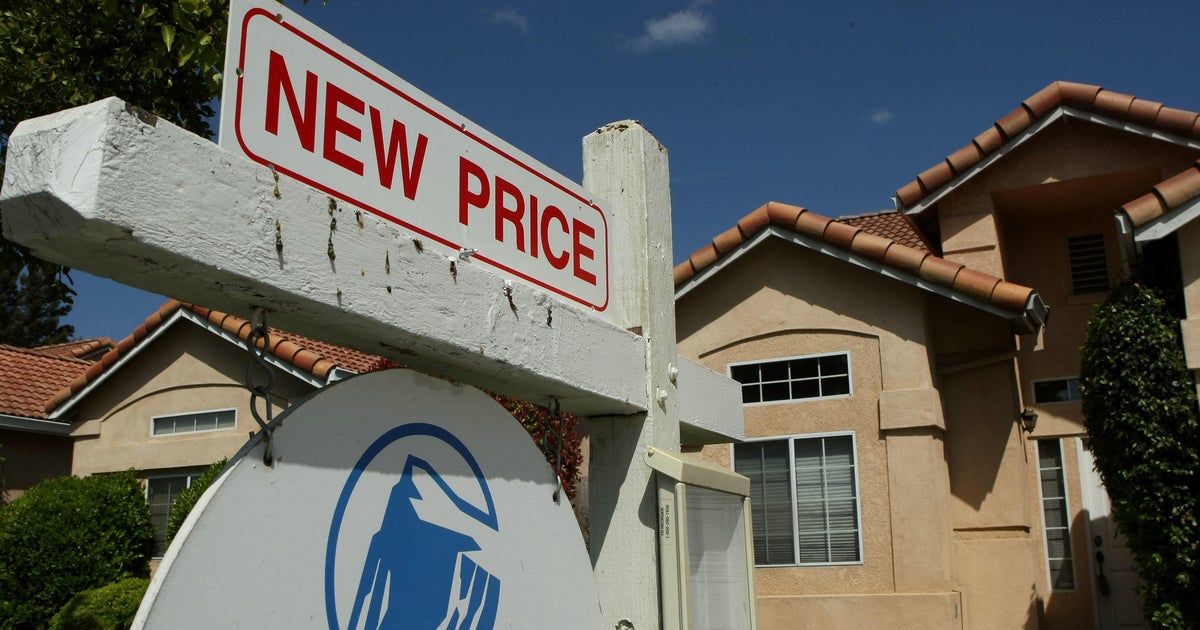'The Biggest Fear For Me Is The Infection Rates': Jackson Health CEO Carlos Migoya On Crush Of COVID Patients
MIAMI (CBSMiami) – A summer surge in COVID-19 cases in South Florida, and across the state, has made for another record-breaking day for hospitalizations.
Florida's COVID hospitalizations have broken daily records for 11 straight days. There were more than 15,000 admissions on Wednesday.
The President and CEO of the Jackson Health System, Carlos Migoya, is alarmed by the infection rates and says nearly all of the COVID patients recently tested have the highly transmissible Delta variant.
"The biggest fear for me is really the infection rates that are going on. And the fact that many people out there are not really understanding the seriousness of the virus," Migoya said to CBS4's Peter D'Oench. "Masking is extremely important, but I try to keep it to one thing: vaccination. We know the vaccination works. The difference between this year to last year when we didn't have the vaccination. We know there are breakthroughs, but those people don't get as sick. They just have maybe a cold."
Migoya oversees 13,500 employees at 7 hospitals in the Jackson Health System.
"The fact that people are not vaccinated, it gets very serious and could have long-term impacts from a lung perspective."
Migoya said 384 patients in the Jackson Health System have COVID and he's troubled by a study of samples known as sequencing shows that 97% of them have the highly transmissible Delta variant.
"That is very serious. This is a highly infectious virus. It is 12 to 15 times as infectious as the other. It carries a lot more power. People are not dying as often. However, when they come into the hospital, they are going home with lung issues for longer periods of time and some for the rest of their lives. Over 90% over 65 years of age are vaccinated so we don't have as many as those coming to the hospital," he explained.
Starting August 23, doctors, nurses, employees, and vendors affiliated with the Jackson Health System will face a requirement to be vaccinated.
Recently, Migoya said 60% of the staff has been vaccinated.
"We are going to go and tell everyone that if they get the vaccine by September 30, we will give them a $150 bonus," said Migoya. "So, we are trying to get them vaccinated and if not, they will have to wear an N95 mask at all times. And they can't go to any in-person meetings except huddles on patient floors. And they will also take a video on vaccines and what the challenges are. I will tell you that last week we vaccinated over 400 employees."
He added, "We should be able to get a minimum of 75 to 80% of our employees vaccinated. I would like to get to 100% although that's impossible but if we can get to 75 or 80%, we will be in pretty good shape."
He compared the battle with COVID to a heavyweight bout.
"We are on the 25th round. We have been at this for 19 months and don't see this ending anytime soon. I am still amazed at how people come in every morning and put their capes on. They put their capes on and leap tall buildings. We have some very special people in this hospital system, and they deal with this every day and they deal with the challenges and then they go home to their families."
Unlike earlier in the pandemic, personal protection equipment is, thankfully, not an issue.
"Our PPES and out supplies are still solid," said Migoya. "We don't have an issues anywhere and when we do, we deal with it."
Migoya said unlike some other areas, they have an adequate number of ventilators.
"We haven't even gotten close to the need for ventilators that we saw last year," he said. "Last year we had 40% of the people in ICUs with COVID. This year we are at 26%."
The hospital system, did however, reduce elective procedures.
"We did not eliminate them because elective is a misnomer. A lot of those surgeries are really urgent, and some people have been delaying them for two years. Each one of our Chief Medical Officers at hospitals is working with doctors with what elective surgery can be continued."
Migoya said the Jackson Health System was developing strategies to try to keep some of their more than 3500 nurses from leaving.
"That's a big focus for us and we are trying to figure how to provide bonuses for extra shifts and everywhere else. It's also challenging for some of our nurses that are very mobile to all of a sudden they can go away for 3 to 6 months and go work somewhere in the Midwest and get paid twice of three times what they are paid today."



